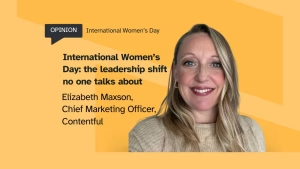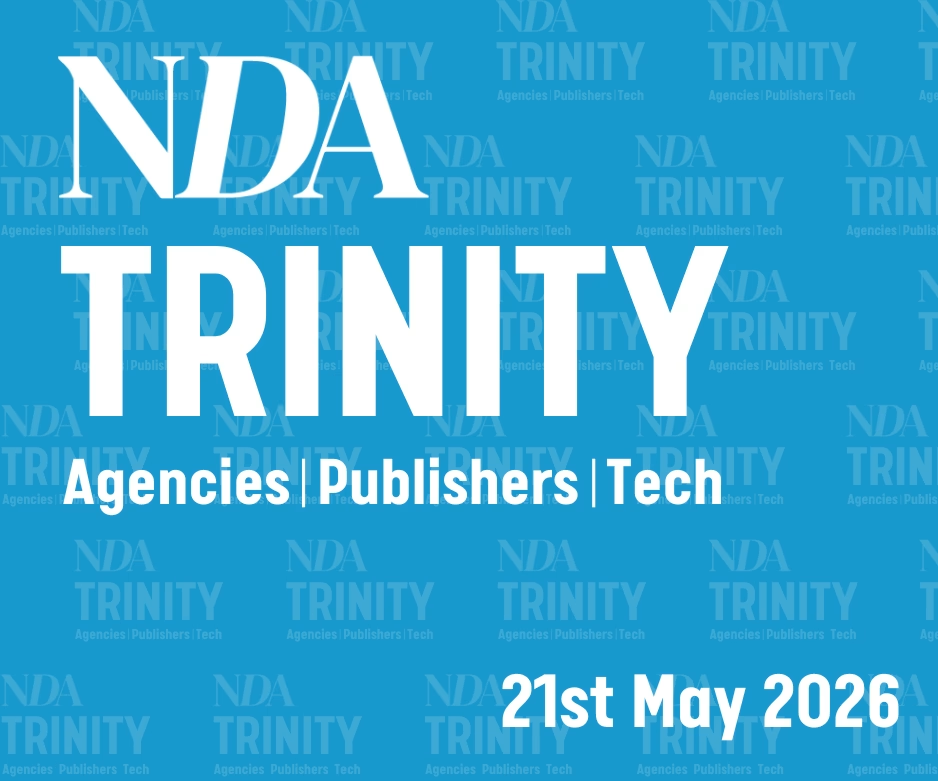By James Chandler, CMO, IAB UK
If advertising is all about relationships then the current momentous changes to consumer privacy that are sweeping through digital advertising can only be a good thing. Reconfiguring the status quo to prioritise the preferences of the people that we’re speaking to is a hugely positive step.
And yet, our shift to a more privacy-focused ecosystem isn’t straightforward and it doesn’t come without risks. Indeed, stats released recently show 96% of iOS 14.5 users in the US have opted-out of App Tracking Technology, a figure that falls to a still significant 88% worldwide. This presents our industry with a clear challenge – if we can’t convince people that targeting has value, we stand to dilute the power of the effective, targeted advertising that underpins the internet as we know it.
For many years, targeting has had a bad rap. Why? Because it’s become synonymous with bad targeting. Execute targeting well and it should feel so organic and natural that people don’t notice it as anything other than helpful. Use targeting tools badly and you end up stalking an increasingly p*ssed off person around the internet with an array of sheds, shirts or shoes that they stumbled across two weeks ago and now, haunted with ads at every turn, deeply regret having shown any interest in.
When it’s done well, targeting is an essential, effective and hugely valuable part of the digital ad industry. It’s not just me that thinks so, and it’s not just digital advertisers. People agree too. Our research shows that relevant digital ads are not only more effective than generic ads – they can boost attention scores by 107% – but that people consciously value relevance.
According to IAB Europe, 75% of Europeans say they have benefited from relevant, targeted advertising and the same proportion would prefer to maintain an ad-funded internet – complete with targeting – than pay for access to online content.
As we push forward with privacy advancements, it’s crucial that we appreciate this and build privacy-friendly solutions that don’t turn the clock back on digital advertising. Targeting has evolved into a sophisticated tool that, when used smartly, benefits consumers and advertisers – including the raft of small businesses that rely on digital as an affordable means of reaching their customers. To put it simply, small businesses have small budgets and being able to efficiently reach relevant people with personalised advertising is essential for their long-term survival.
Some will say that contextual targeting is the future and data-based targeting has had its day. While I agree that context is a vital part of a successful digital strategy, relying on it as the sole means of serving ads is both unrealistic and monolithic, reversing 20 years of digital progress.
We need to be taking privacy-preserving steps that prioritise people, while successfully communicating the importance of responsible targeting and relevant personalisation, and how it works. If we don’t, the essential value exchange that sits at the heart of digital advertising is under threat.
I know what you’re thinking: if people love targeted ads so much, they will just choose to opt in when it comes to in-app tracking or first-party data sharing. Some will, but many will see words such as ‘targeting’ and ‘data’ and – quite understandably – default to ‘no’.
Bad experiences stick and anyone who has been on the receiving end of overzealous targeting in the past will be minded to opt out or withhold access to their data. As an industry, we need to recognise the role we have played in allowing that to happen. We also need to build on the progress we have made in evolving a more responsible approach to targeting and clearly communicate what a world without targeted advertising looks like.
At present, we’re used to a digital experience where we can access almost any information freely and easily because the content is ad-funded. Current techniques mean that we’re served with relevant ads and advertisers know how often, allowing them to implement frequency capping to ensure they don’t stray into stalking territory. Yet, in a world where targeting is the exception, digital advertising becomes much more of a guessing game.
Not only could this endanger the feasibility of an open, ad-funded web – leading to a surge in subscription services that grant access to those that can afford it – it’s also going to annoy the hell out of people. While the principle of targeting might turn people off, the reality of being served with irrelevant and random ads again and again definitely will.
So what’s the solution? As our industry shifts towards and embraces privacy, we need to work to de-stigmatise targeting and personalisation. We need to ensure that we’re effectively communicating with consumers how targeting works, why it matters and what an internet without it looks like.
And, if a person does choose to share their data or opt-in to tracking, we need to be worthy of that, act responsibly and respect the consumer experience with smart, relevant and helpful targeting. If we can get this right, I truly believe that the future of digital is on target to be better than ever.










